Our news

New research project on Employment Tribunal capacity and delays
We are launching a new research project to understand what's behind the Employment Tribunal delays, and the impact this has on the lives of those seeking justice. We're looking to speak to key stakeholders in the sector.
Read moreRead more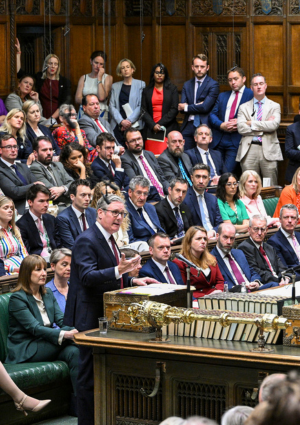
We’ve launched a new AI tool to help everyone write to their MP
We have launched an AI-powered letter writing tool to empower everyone to speak out against injustice. Here's how it works.
Read moreRead more
New training programme for London organisations advising migrant workers
We are launching a new, free training programme for London-based employment rights advisers and those seeking to begin their journeys into employment advice.
Read moreRead more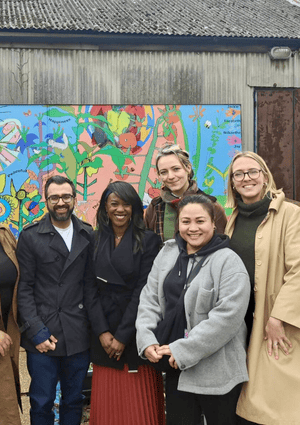
A visit from London’s Deputy Mayor for Communities highlights the power of collaboration
We showed London’s Deputy Mayor for Communities and Social Justice, Dr Debbie Weekes-Bernard and her team at the Greater London Authority (GLA), what goes on behind the scenes of our employment advice service.
Read moreRead more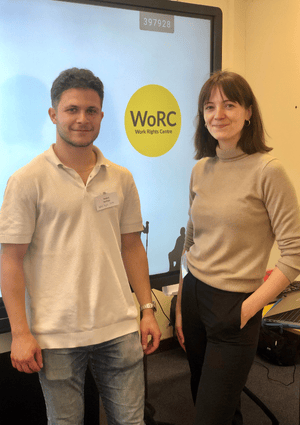
New legal hub for organisations supporting sponsored migrant workers
We are launching a new legal hub to offer practical training sessions for frontline advisers supporting sponsored migrant workers.
Read moreRead more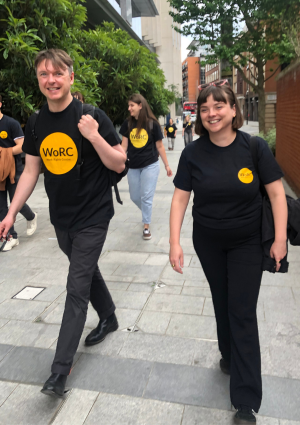
We're looking for trustees with employment law experience or financial expertise
If you have a real passion for justice, and share our vision of a world where everyone has access to decent work and social mobility regardless of their immigration status, we want to hear from you.
Read moreRead more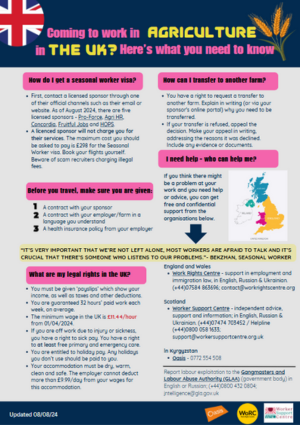
New resource to help Seasonal Workers from Central Asia prepare for work on UK farms
It is a fact that seasonal workers are vulnerable to exploitation on UK farms. So, we've created a clear, simple and shareable guide for seasonal workers to understand their rights, and know where to get help if these are abused.
Read moreRead more
Have you worked in the care sector in England? We’d like to learn about your experience
We are starting a new research project to understand how the adult care sector should be improved to halt the exploitation of migrant carer workers. Can you help?
Read moreRead more
We've co-launched the Seasonal Worker Interest Group to tackle exploitation in UK agriculture
There is a dire need for a forum designed exclusively to discuss and advocate for workers' rights. Through the new Seasonal Worker Interest Group, we plan to ensure migrant agricultural workers’ interests can be heard.
Read moreRead more
The Employment Rights Advice and Support for Underserved London Communities programme
The GLA has commissioned the Work Rights Centre to provide services which aim to increase underserved communities' access to appropriate and high-quality employment advice.
Read moreRead more
One year on: My experience as service provider supporting Ukrainian refugees
Since the Russian military's full-scale invasion of Ukraine in February 2022, our Service Provision Officer Andrei Savitski, has been assisting Ukrainian refugees who have sought safety in the UK.
Read moreRead more
Ukrainians and family members of Ukrainians: We want to hear from you
We are running a survey to gain a better understanding of the issue of in-country application delays for Ukrainians and their family members, and the impact these delays have on applicants and those they are supporting.
Read moreRead more
Managing stress in the workplace
Our Manchester Service Provision & Evaluation Manager, Raluca Enescu, shares five key pieces of advice for anyone experiencing stress as a result of work.
Read moreRead more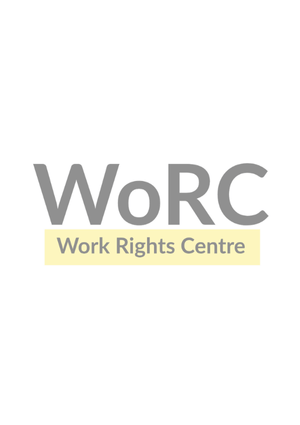
The face of modern protest: How Guy Fawkes became a symbol of social justice
These days, Bonfire Night - or Guy Fawkes Day - is mostly about getting together with friends and family around a big bonfire to eat toffee apples and watch fireworks. But there's much more to this annual event.
Read moreRead more
Fellow Ukrainians: We want to hear from you
The war in Ukraine is the biggest humanitarian crisis Europe has seen since WWII. We're starting a research project to better understand the needs of the Ukrainian community, and how to support them in the UK.
Read moreRead more
Work Rights Centre introduces free Universal Credit eligibility tool
For many people, Universal Credit is a bewildering system. We have developed a free and confidential tool, accessible on our website, designed to simplify access to Universal Credit.
Read moreRead more